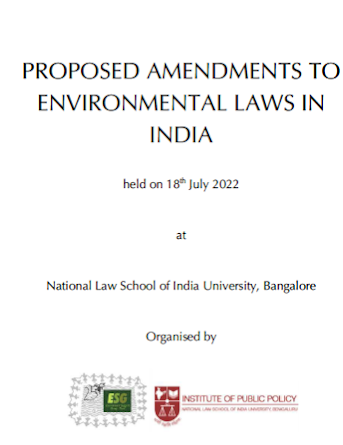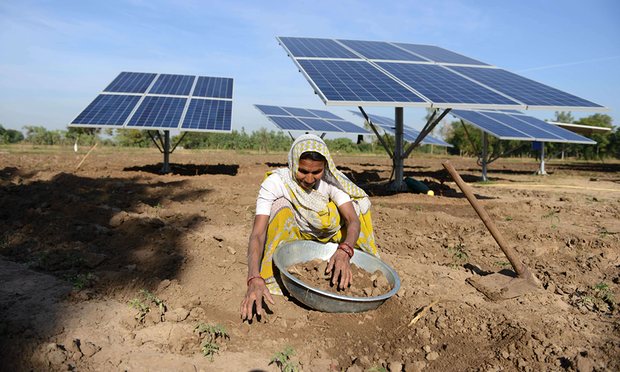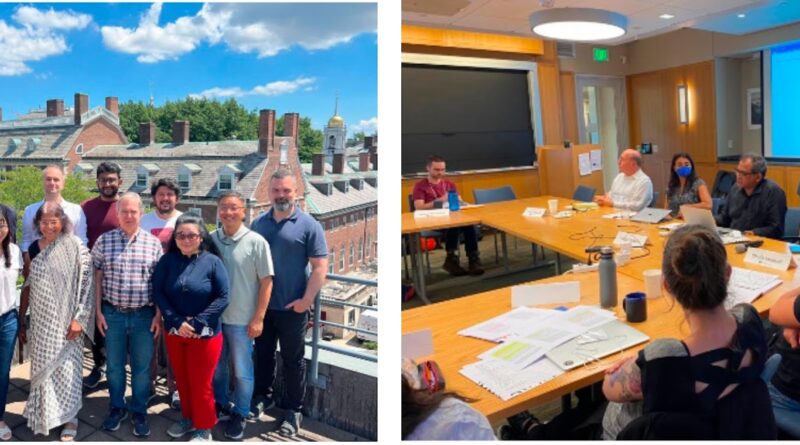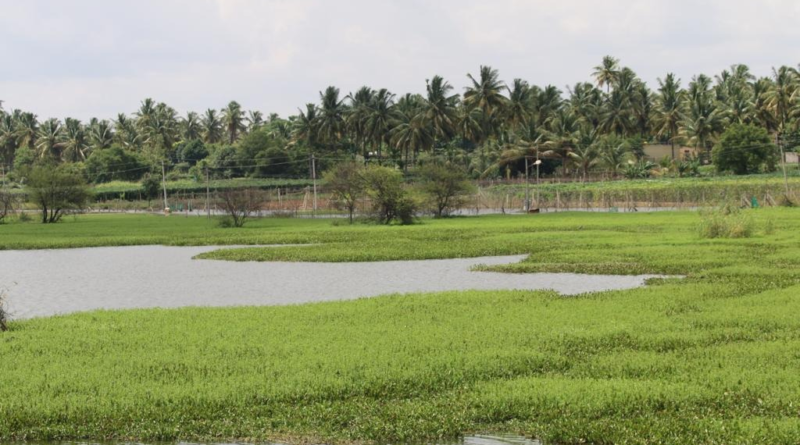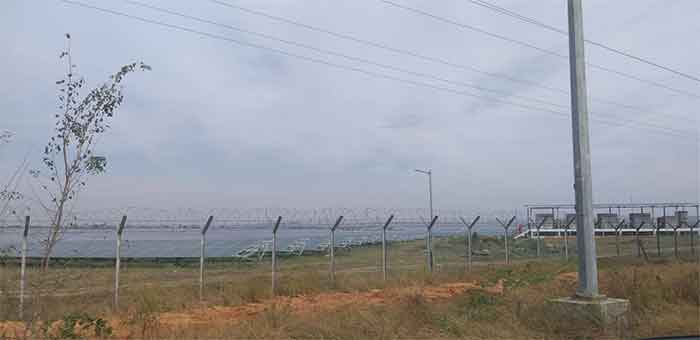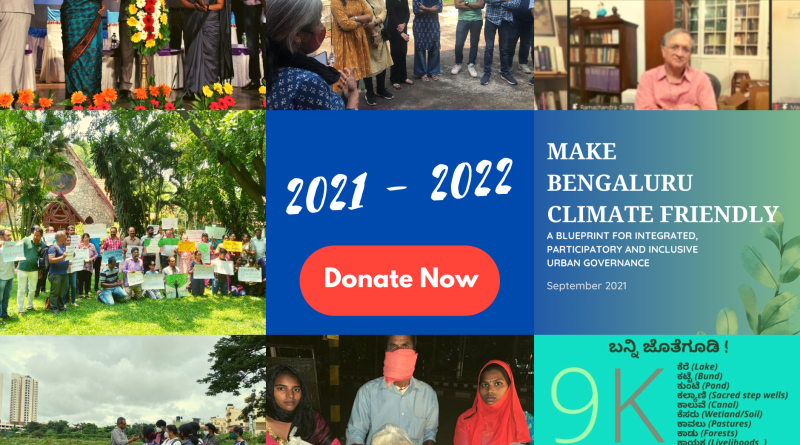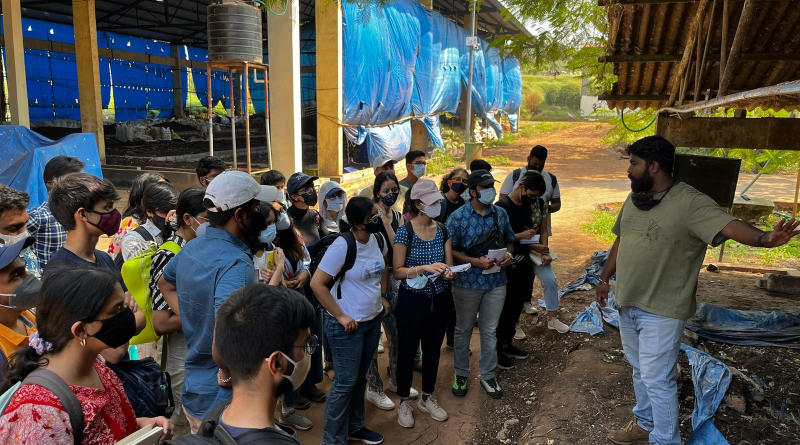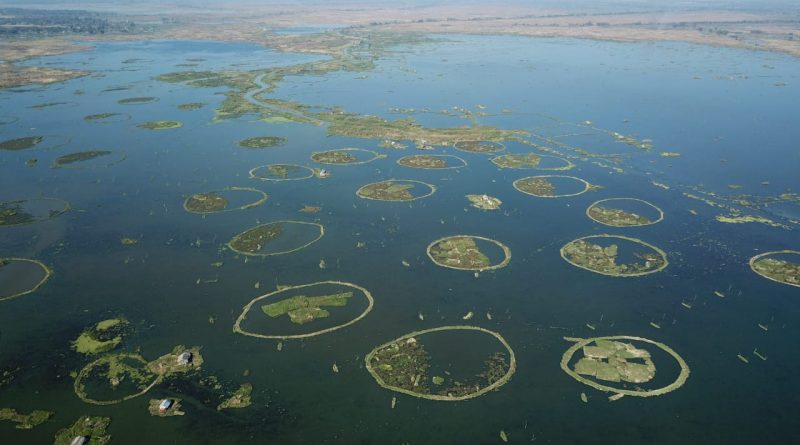EJ Matters Vol 3. Issue 13 : Climate Change and the 27th Conference of UNFCCC Parties (COP27) and more
27th COP of United Nations Framework Conference on Climate Change at the seaside resort city of Sharm El Sheikh in Egypt during 6th – 20th November 2022. The main gain, it appears, is the decision to establish and operationalize a ‘loss and damage fund’ which most vulnerable countries have been demanding for decades now
Read More



